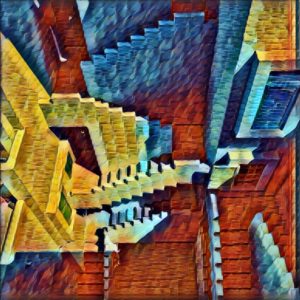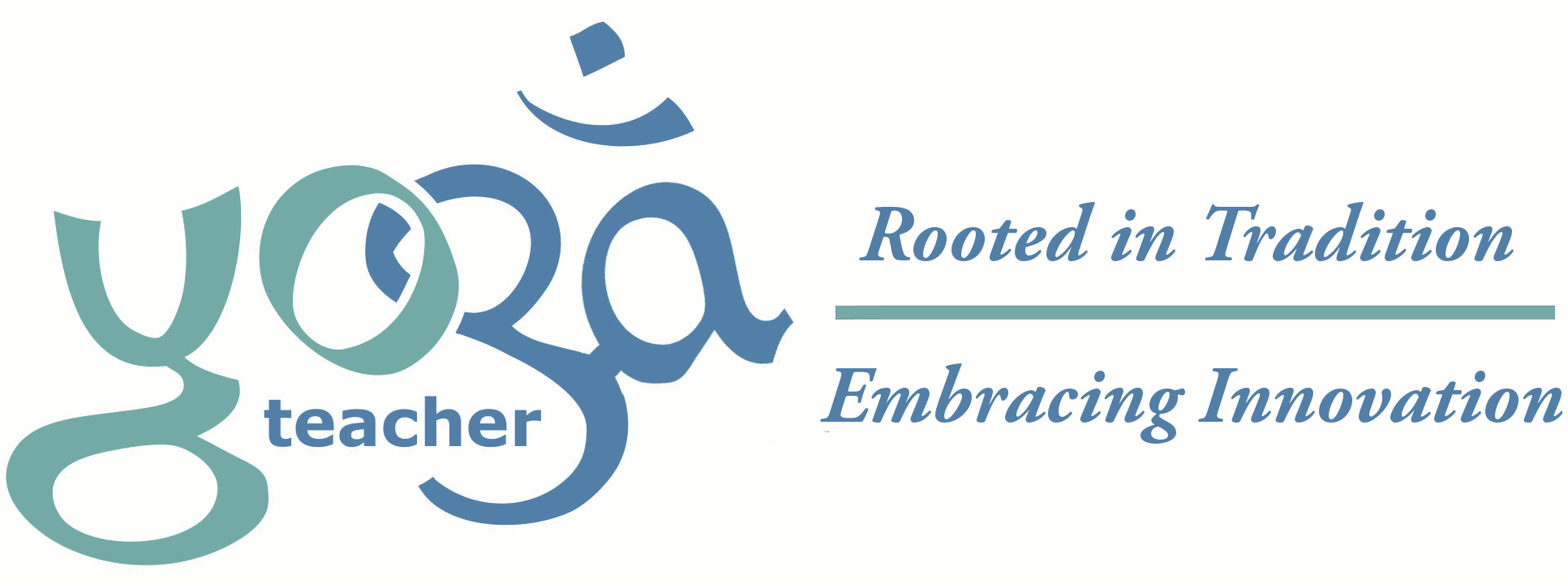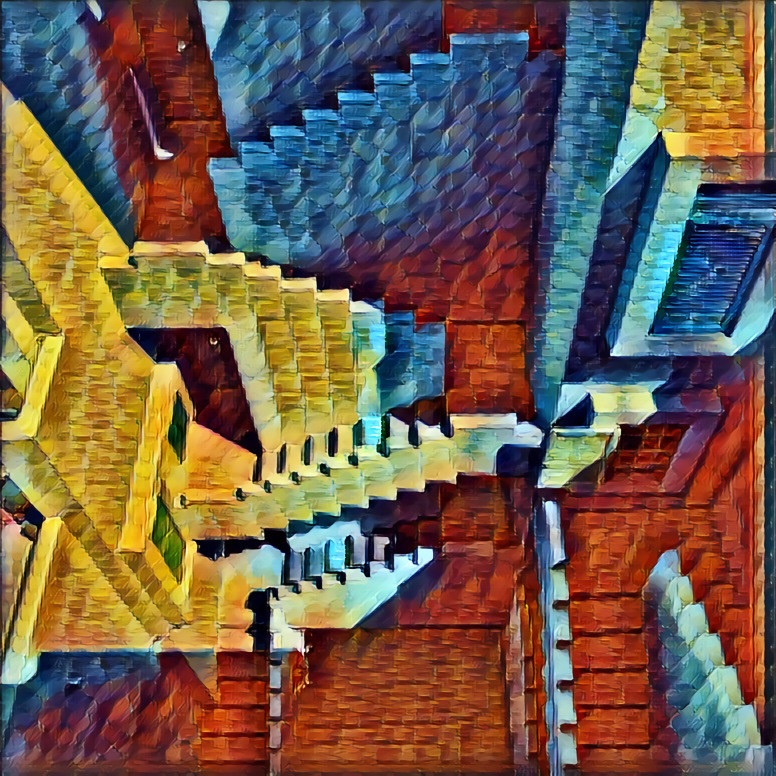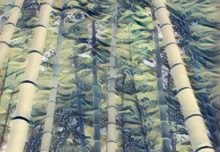If as I do, you believe the immediate future will bring changes that dwarf those that have gone before, and if as I do, you believe that the nature of these changes can never be fully controlled or even anticipated, then the question becomes, how do you prepare for uncertainty?
First understand that the future is not entirely uncertain. We have already agreed that change is inevitable in our immediate future, so we are really preparing not for the unknown, but for unknown change. This distinction is not trivial.
 When an environment is stable for long periods of time, complexity and specialization rule the day. Over millennium, one species of beetle evolves to be the perfect partner for a particular orchid. In such a stable environment the generalists find themselves out competed and lose ground to overly specialized organisms perfectly adapted to the status quo. Such systems, like the aforementioned symbiotic pairing of orchid and beetle, are often beautiful but ultimately fragile. As long as their environment remains relatively stable they thrive, but even small events can lead to their extinction.
When an environment is stable for long periods of time, complexity and specialization rule the day. Over millennium, one species of beetle evolves to be the perfect partner for a particular orchid. In such a stable environment the generalists find themselves out competed and lose ground to overly specialized organisms perfectly adapted to the status quo. Such systems, like the aforementioned symbiotic pairing of orchid and beetle, are often beautiful but ultimately fragile. As long as their environment remains relatively stable they thrive, but even small events can lead to their extinction.
In a chaotic environment simplicity, agility and versatility have the advantage. While generalists are probably not the best at anything, they are good at many things. No matter what the future brings, there is a favorable chance that they will find a place in it for themselves.
Under stress the fragile shatter, the robust survive while the antifragile (a term coined by Nassim Nicholas Taleb) thrive.
One of the three universal truths of Buddhism is impermanence – everything changes. The tighter we hold onto the past the more we suffer. When any system resists change, stress builds up as the larger environment continues to evolve around the frozen system.
It is similar to plate tectonics. Beneath the surface, the plates glide on hour after hour, year by year and stress builds up. If that stress is released with minor earth quakes every few years those on the surface may feel less secure with the constant shaking, but they learn to build their homes more securely, and they survive each of the minor earth quakes relatively intact. If however, the stress builds up year after year and is not released, those living on an apparently stable surface are lulled into a false sense of security. They cut corners on their construction and feel safer than their shaky neighbors. Sooner or later, the stress beneath the system overcomes resistance to change with cataclysmic results. The more a system resists change the more fragile it becomes.
All change can be seen as either creation or destruction. If you look to the past you will see it being destroyed. If you look to the future, you will see it being created. The first stroke of the paint brush destroys the perfection of the blank canvas! Thus the hesitation all artists must overcome before they are free to create. By aligning yourself with the creative aspect of change you will be positioned to guide, direct, and benefit from change, rather than being destroyed by it.
However, holding onto a particular version of the future too tightly can also lead to fragility. As you grow, adapt and gather new information, you should be open to adjusting your aim, or choosing new goals entirely. The more loosely you hold onto the past and future alike, the more freedom you will have to live in the present moment. The anti-fragile system uses each minor earthquake to shake free of both the past and the future in order to reassess, recalibrate, and reposition ourselves. Thus we learn not to resist change but to embrace opportunity.
4 Comments
-
Nice and fascinating post.. I try not to prepare for change or to worry about uncertainty. I really try to live in the moment and find peace even in the most stressful situations. It doesn’t always work of course, but when I feel I get too carried away by emotions or situations, I take a step back and do Anulom Vilom for 5-10 minutes to feel balanced again. Not attaching to situations and emotions also helps to live the moment without expecting anything from it.
-
Perfect, for the start of a new year.
-
brilliant and timely. as a generalist, I was particularly pleased to read. Its been very clear to me recently that I can focus on the ever hypnotic ills and evils and things falling apart or turn to admire and engage in the astonishing new forms that are springing up all around me. gotta look in different places and here is a good placesto start. Enjoy! Be inspired! Participate! hugs, Nancy
*Yes* magazine
http://yesmagazine.org-
(Hi Nancy).
I also like this thoughtful article and agree that being flexible and adaptable to change is an important aspect of life on this earth. Even adapting to the changes in the Austin area is a challenge for me, and my instincts are to pack up and relocate to a quieter, less crowded place, like the Austin of 20 years ago.
-






